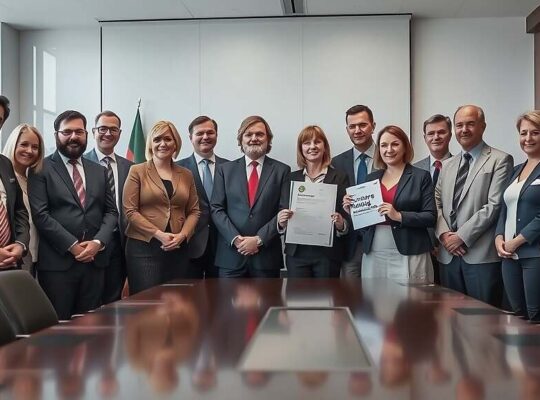The Social Democratic Party (SPD) is pushing for a significant overhaul of Germany’s inheritance tax system, aiming to curtail loopholes that disproportionately benefit the wealthiest families while pledging to shield small businesses from the proposed changes. SPD General Secretary Tim Klüssendorf has explicitly stated the party’s intention to eliminate exceptions allowing vast inheritances and gifts to avoid taxation, a policy he described as “paradoxical and extremely unfair.
Currently, a significant portion of the largest inheritances and gifts in Germany remain untaxed due to provisions related to business assets. Klüssendorf highlighted a particularly egregious loophole, allowing individuals inheriting over €26 million in business assets to completely evade inheritance tax. He criticized this as enabling the preservation of inherited wealth on a scale that exacerbates existing inequalities.
The proposed reform isn’t aimed at stifling entrepreneurship or harming family-owned businesses. The SPD insists small and medium-sized enterprises – those typically passed down through generations of artisans and tradespeople – will not face additional burdens. Klüssendorf even suggested exploring adjustments to existing tax-free allowances for smaller inheritances, framing the changes as part of a “comprehensive package” geared towards delivering “noticeably more fairness.
The plans represent a potential flashpoint in German politics. While lauded by progressive voices advocating for greater economic equality, the proposal has already drawn criticism from business lobbies who warn of potential impacts on investment and long-term business planning. The debate centers on the fundamental question of intergenerational wealth transfer and the government’s role in ensuring a more equitable distribution of resources within German society. The SPD’s commitment to shielding smaller businesses will likely be scrutinized closely to determine the true scope and impact of the proposed reforms.












